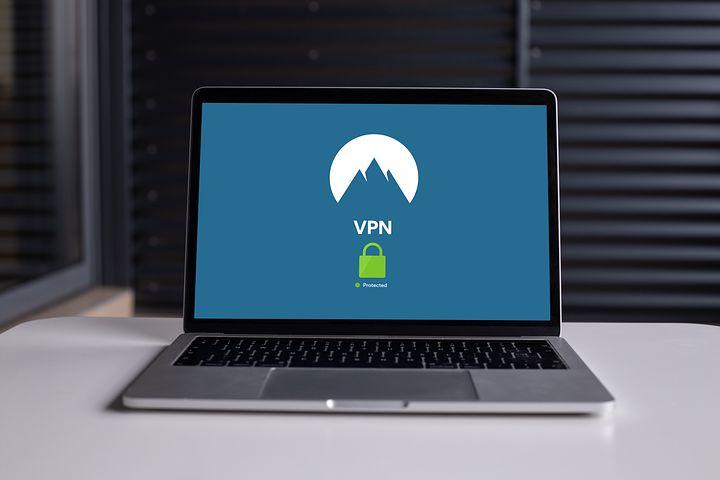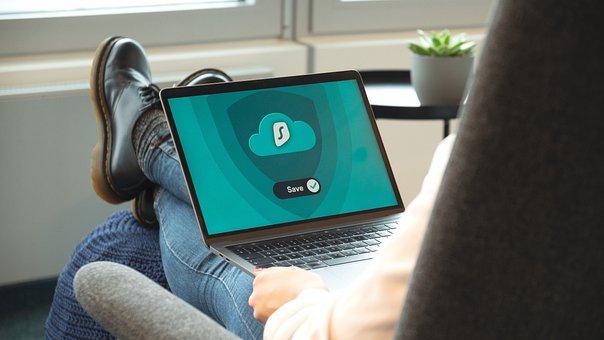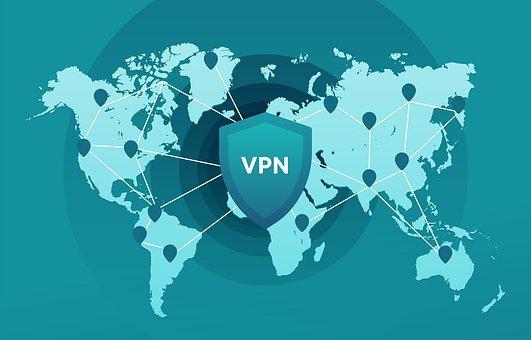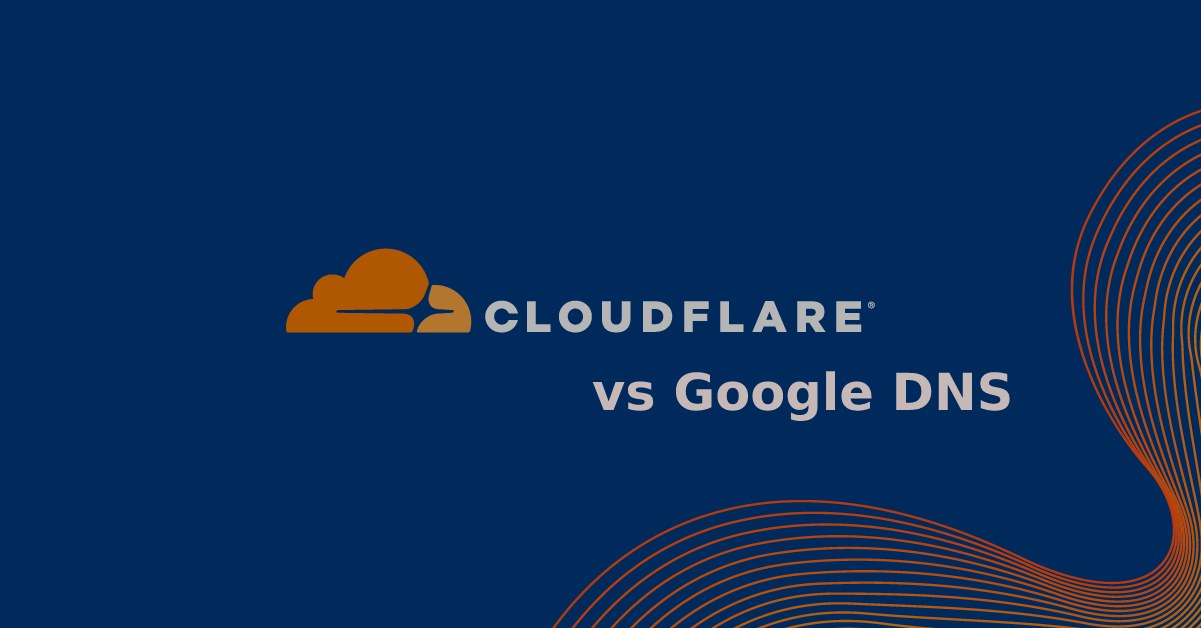After launching a new website or mobile application, the next step is usually testing it across multiple locales. This shouldn’t be a problem if your browser has no active access restrictions to those locations.
But what if traffic from your state or country is banned in the locations where you wish to test-drive your new product?
Well, you’ll only have two options. You either go the tedious way of arranging a screen-sharing session with friends located in those regions or the smart way of integrating your browser with a VPN or Socks 5 proxy.
If deployed correctly, both a VPN and Socks 5 proxy can do a great job at unlocking internet traffic restrictions. You can then analyze the potential reach of your new products and services even in geographical locations that you wouldn’t otherwise penetrate.
However, VPNs differ fundamentally from SOCKS 5 proxies. And in this post, we dive deep into those differences.
What Is A VPN?
The Virtual Private Network, commonly abbreviated as VPN, is an internet application or software that grants you a secure connection to remote locations over the internet.
VPNs are mainly valuable for accessing restricted websites, such as the dark web. These services function by establishing an encrypted virtual tunnel along which data packets travel across the internet. That way, you can browse freely without compromising your online security or privacy.
Business enterprises also use VPNs to test-drive their services. For instance, a mobile app developer can deploy VPN software to place their browsing activity in a different country or state from their current location. This allows them to get a first-hand experience of how their new app would function in the geo-targeted areas.
What Is A Socks 5 Proxy?
A SOCKS 5 proxy server or a SOCKS 5 proxy works more or less similar to virtual private networks. These services redirect web traffic via HTTP proxy servers.
SOCKS is short for Secure Socket, which speaks volumes about the original intention of SOCKS 5 proxy extensions. And just like VPNs, there are multiple places to buy SOCKS 5 proxies.
Over the years, VClubshop has positioned itself among the best SOCKS 5 proxy vendors. The technology solutions provider offers cutting-edge SOCKS extensions capable of rerouting web traffic across several channels simultaneously.
But while VPNs and SOCKS 5 proxies seem to be functionally similar, these services have legitimate differences.

Differences Between A VPN And A SOCKS 5 Proxy
Speed
The primary difference between a VPN and SOCKS 5 proxy concerns speed. SOCKS 5 proxies are generally faster than VPNs. These services allow you to hop from one website to another without experiencing too much lag. So, if you care so much about website load speed (and you should, especially if you’re an online entrepreneur), then you’ll be better off installing a SOCKS 5 proxy than a VPN.
SOCKS 5 proxies outperform VPNs across all speed aspects. They include upload and download speeds and responsiveness (also known as ping time). It’s also worth noting that SOCKS 5 proxies are faster than VPNs. They’re faster than regular proxies like HTTPs too.
Safety
SOCKS 5 proxy may be more reliable than VPNs regarding website load speed. But these apps trade-off speed with safety. The VPN does an excellent job at encrypting the virtual pathways along which data packets travel. It takes more time to achieve optimal data encryption, which explains why VPNs may be slower. However, the apps compensate for their relatively slow load time with maximum online safety and privacy.
The only negative thing about VPNs, as far as online safety is concerned, is that some of these services engage in logging. Logging is the practice of logging all your moves, including your browsing and downloading history. Depending on the nature of your activity, the logged data could easily be used against you.

Efficiency
A VPN connection masks your local IP while encrypting all internet traffic directed from and to your device. This offers an extra layer of privacy as incoming traffic will usually locate you in a different region from where you are.
On the other hand, SOCKS 5 proxies are application-specific. In other words, the app will only work for the specific application you’re currently using it with. The best way to improve SOCKS 5’s efficiency is to activate the service on all relevant software.
Number of IPs Provided
VPNs may also differ from SOCKS 5 proxies in the number of internet protocols (IPs) each software can support. VPNs typically come with one IP address. Although the single IP is secure, you may need to contact the VPN service provider if you ever want to change it.
Besides, providing a single IP address is a huge drawback if you’re looking to scrape internet data or create several social media profiles. It also increases the chances of getting your IP address banned. On the other hand, many SOCKS 5 proxies offer multiple IP addresses. While this doesn’t prevent the service from being application-specific, it minimizes the risks of having all your proxies restricted from specific websites.

Summary
VPNs and SOCKS 5 proxies are great tools to consider if looking to browse anonymously. However, these services differ mainly in their browsing speed and online privacy. Whichever software you choose ultimately comes down to your individual needs.








